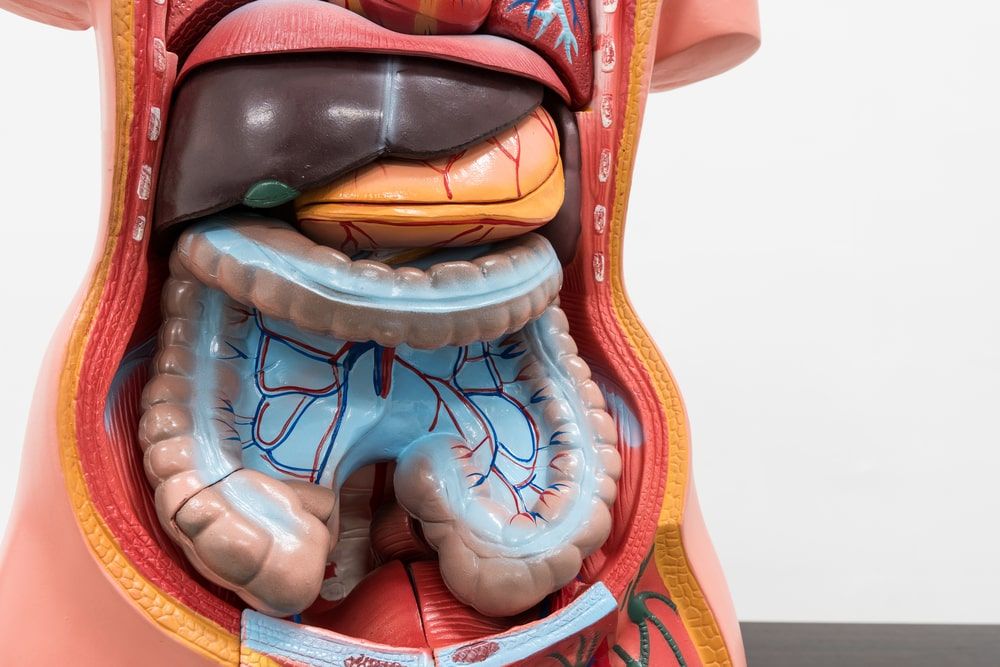Diverticular disease is an umbrella term used to refer to two separate colon disorders – diverticulosis and diverticulitis. In diverticulosis, pouches form and bulge within the colon, which usually does not cause symptoms. Diverticulitis occurs when these pouches become blocked with waste materials, causing them to inflame and become infected. Diverticulitis usually causes noticeable symptoms, such as abdominal discomfort and changes in bowel habits.
Did you know?
half of the people over age 60 and nearly everyone over age 80 has a diverticular disease? The condition is less common in young people, but the risk of developing it begins increasing at approximately age 40. At that time, chances of developing diverticular disease increase every decade.
Frequently Asked Questions
What are the symptoms of diverticular disease?
People with diverticulosis are usually asymptomatic though diverticula pouches may bleed from time to time. The bleeding usually does not cause pain, though it can cause copious amounts of blood to appear in the stool. Diverticulitis, on the other hand, can cause acute attacks, resulting in pain, tenderness and cramps within the abdomen. Patients may also experience alternating bouts of constipation and diarrhea, and in some cases, chills or fever.
Why should I seek treatment for a diverticular disease?
Contact your doctor if you have any of the symptoms of diverticular disease. Always seek treatment for unexplained blood in your stool or for known diverticulitis-related bleeding that results in excessive blood loss or dizziness.
What are the treatments for diverticular disease?
Most people with a diverticular disease do not require any specific treatment. Dietary changes, such as eating plenty of fiber, are often enough to prevent complications. People with diverticulitis, however, may require greater interventions. This may include temporarily following an all liquid diet and taking antibiotics to prevent infection. In some cases, patients may need to undergo surgery to remove pouches from the colon that are bleeding or infected. Less often, a doctor may recommend removing the part of a patient’s colon that is subject to repeat diverticular infections.
